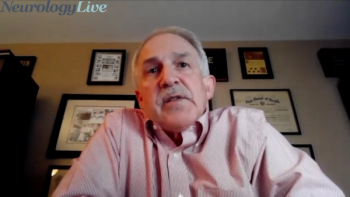
The president of the National Headache Foundation discussed whether switching or continuing preventive medications has a benefit in patients who have chronic migraine with medication overuse. [WATCH TIME: 4 minutes]

The president of the National Headache Foundation discussed whether switching or continuing preventive medications has a benefit in patients who have chronic migraine with medication overuse. [WATCH TIME: 4 minutes]
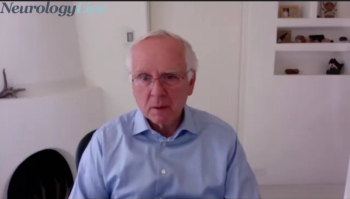
The neurologist at Christus St. Vincent Health System detailed the areas of research dedicated to understanding more about neuropsychiatric symptoms of Parkinson disease and the root causes of the disease. [WATCH TIME: 3 minutes]
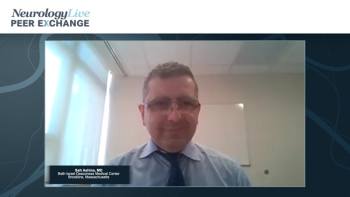
Sait Ashina, MD, and Jessica Ailani, MD, comment on the importance of individualized treatment regimens for the management of migraine.
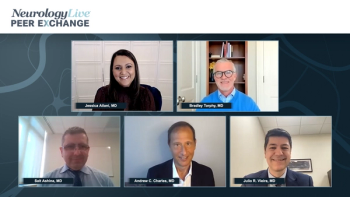
Experts in neurology, Drs Julio R. Vieira, Jessica Ailani, and Bradley Torphy review diagnostic tools available for migraine, including patient use of headache diaries.
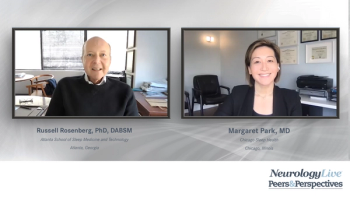
Key opinion leaders in sleep medicine discuss the pitolisant studies and their experience using the drug in clinical practice.

Margaret Park, MD, and Russell Rosenberg, PhD, DABSM, provide insight on novel FDA-approved treatment options and their impact on the narcolepsy treatment landscape.
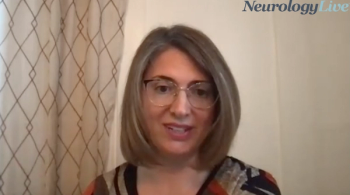
The assistant professor of neurology and director of the Parkinson’s Disease & Movement Disorder Program at Global Neurosciences Institute provided insight on how technology expands the capabilities of treating Parkinson disease. [WATCH TIME: 3 minutes]
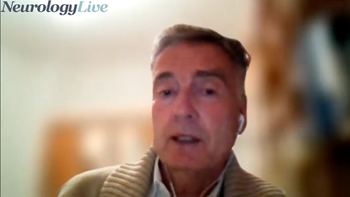
The professor of neurology at the University of Basel provided insight on a new methodology that allows depiction of patient profiles from baseline characteristics and their associations with individual outcomes. [WATCH NOW: 5 minutes]
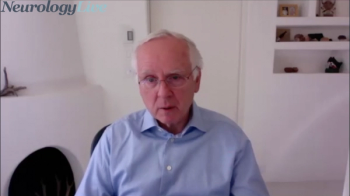
The neurologist at Christus St. Vincent Health System provided insight on the desperate need for new medications for both motor and nonmotor symptoms of Parkinson disease. [WATCH TIME: 3 minutes]
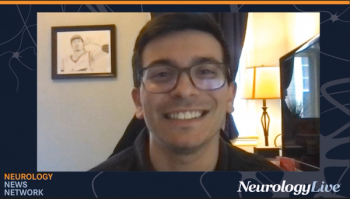
Neurology News Network for the week ending April 30, 2022. [WATCH TIME: 4 minutes]
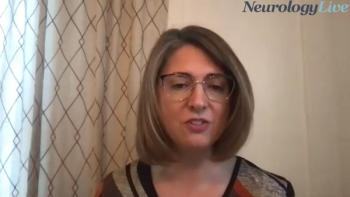
The assistant professor of neurology and director of the Parkinson’s Disease & Movement Disorder Program at Global Neurosciences Institute provided insight on the areas of focus during Parkinson Awareness Month. [WATCH TIME: 3 minutes]
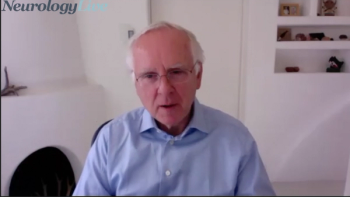
The neurologist at Christus St. Vincent Health System provided commentary on the importance of emphasizing social connectedness following diagnosis of Parkinson disease, along with the signs to look for in social isolation. [WATCH TIME: 4 minutes]
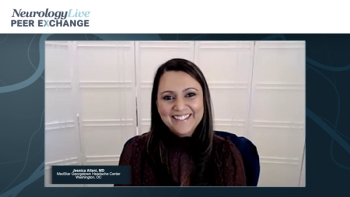
Jessica Ailani, MD, and Bradley Torphy, MD, discern the signs of migraine and comment on the importance of ensuring accurate diagnosis for patients.
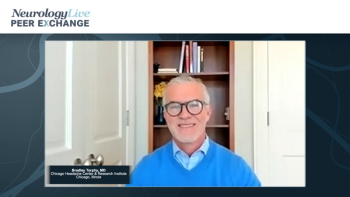
Drs Bradley Torphy and Julio R. Vieira share insight on approaching the diagnosis of migraine as well as current challenges in diagnosis.

Margaret Park, MD, leads the discussion on setting and managing patient expectations for treatment in narcolepsy.

Expert sleep specialists review the case of a 22-year-old man who is diagnosed with excessive daytime sleepiness and type 2 narcolepsy and his challenges with treatment.
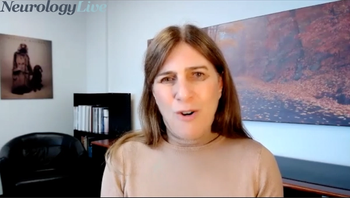
The neurologist and assistant professor at the University of Toronto discussed why elevating the voices of patients and caregivers is important to understanding and treating an individual with Alzheimer disease. [WATCH TIME: 3 minutes]
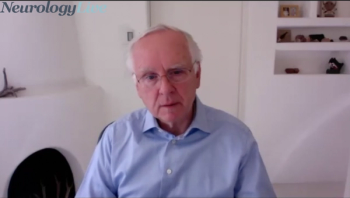
The neurologist at Christus St. Vincent Health System discussed why social behaviors are an important component of optimal care for patients with Parkinson disease and the need to improve social support for this population.[WATCH TIME: 3 minutes]
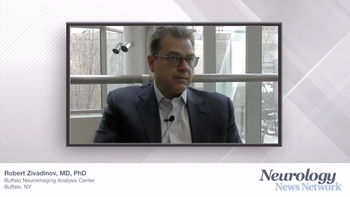
Robert Zivadinov, MD, PhD, discusses the design of a novel comparative study assessing the effect of siponimod (Mayzent; Novartis) and ocrelizumab (Ocrevus; Genentech) on microglia and astrocytes in patients with SPMS.
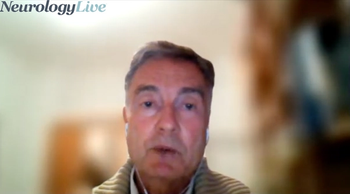
The professor of neurology at the University of Basel discussed a recent study presented at AAN 2022 on whether levels of polyunsaturated fatty acids are associated with MS disease activity or progression. [WATCH TIME: 4 minutes]
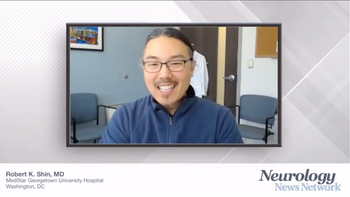
Discussing the progress made in therapeutic approaches to multiple sclerosis, Robert K. Shin, MD, shared his perspective on how the focus on treatments has shifted in the community.
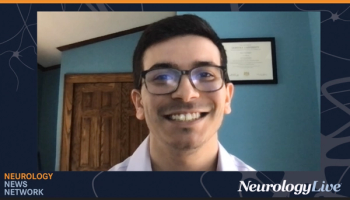
Neurology News Network for the week ending April 23, 2022. [WATCH TIME: 3 minutes]
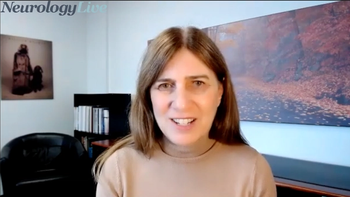
The neurologist and assistant professor at the University of Toronto provided insight on the differences between outcome measures for Alzheimer disease and how they factored into a new item-level analysis of aducanumab (Aduhelm; Biogen). [WATCH TIME: 3 minutes]
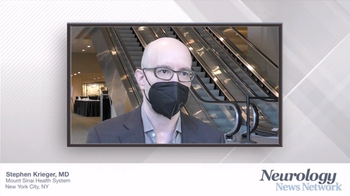
Stephen Krieger, MD, spoke about the phase 3b NOVA study (NCT03689972) data presented at AAN 2022 on natalizumab (Tysabri; Biogen) dosing regimens.
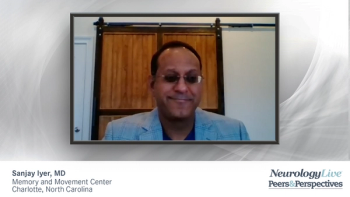
Expert neurologists provide insight on unmet needs, challenges to improve access to care, and highlight clinical pearls for the management of OFF episodes in Parkinson disease.
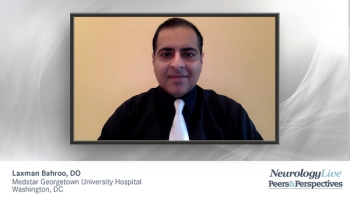
Drs Laxman Bahroo and Sanjay Iyer comment on misconceptions and apprehensions surrounding the use of injectable therapies and the importance of patient education in this setting.
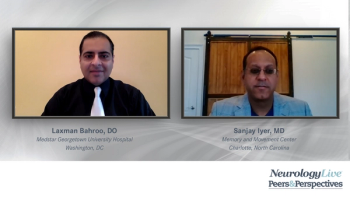
Laxman Bahroo, DO, and Sanjay Iyer, MD, discuss the efficacy and tolerability of subcutaneous and sublingual apomorphine and comment on patient selection for each formulation
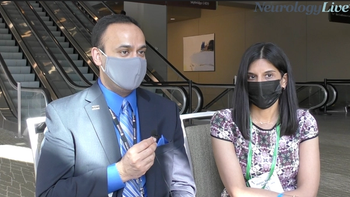
The chair and vice-chair of the Headache and Facial Pain Section of the American Academy of Neurology provided insight on projects they feel are needed to advance the care of patients with migraine-related disorders. [WATCH TIME: 4 minutes]
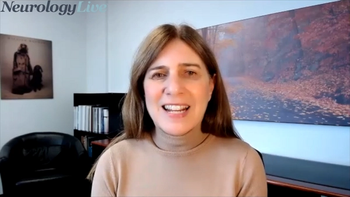
The neurologist and assistant professor at the University of Toronto detailed findings from a new analysis that supports meaningful treatment effect with aducanumab in Alzheimer disease. [WATCH TIME: 6 minutes]
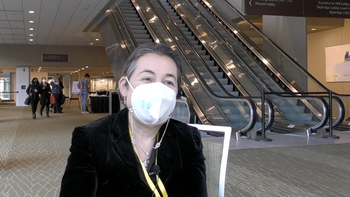
The codirector of Epilepsy Clinical Trials at NYU Langone spoke to the progress that’s been made in treating refractory epilepsy and her hopes for the future of drug development in this area of medicine. [WATCH TIME: 5 minutes]